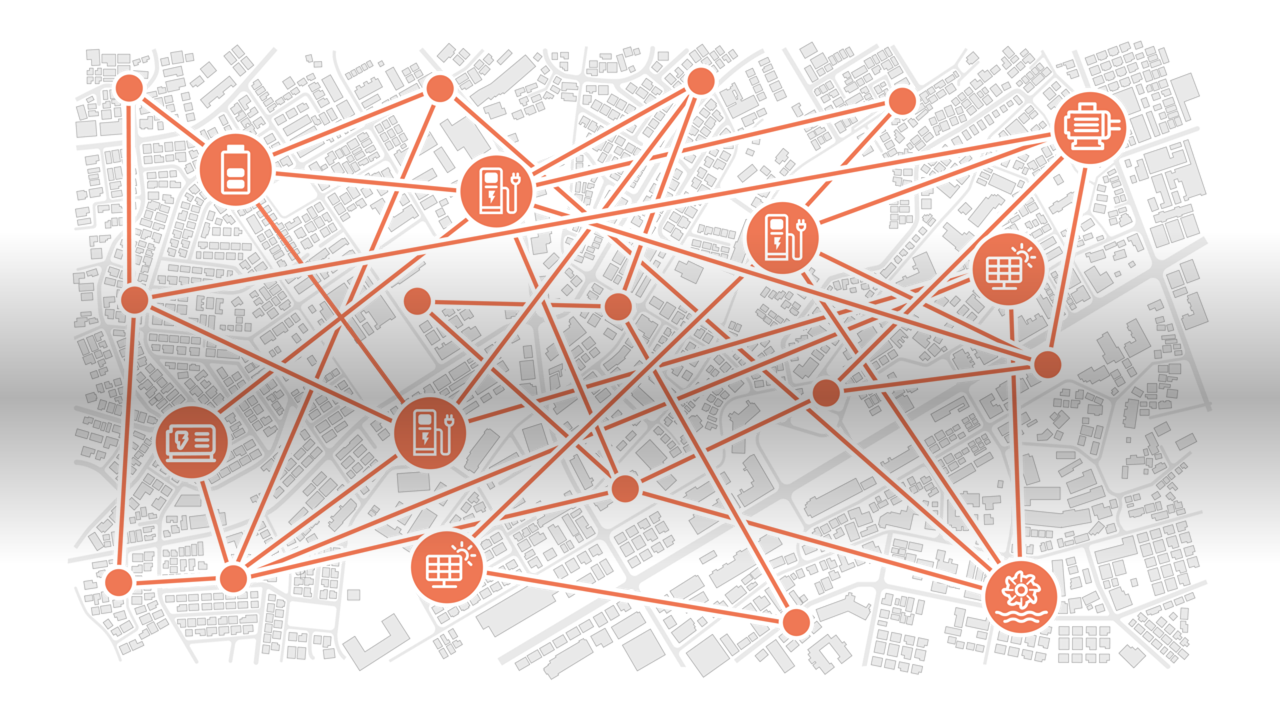Challenges and opportunities of smart metering for small and medium energy suppliers in Switzerland
Smart meters are the future of energy management by duty in Switzerland. Swiss energy suppliers should manage the challenges and opportunities accordingly.

The integration of smart meter into a connected grid (VGT, 2024)
Topic
Swiss energy suppliers are required to roll out smart meters by the end of 2027. In this context, small and medium-sized energy suppliers face significant challenges due to restricted resources. In Switzerland's energy sector, small and medium-sized suppliers play a pivotal role as they are the majority of suppliers. The integration of smart meter solutions presents various challenges and opportunities for companies.
Relevance
The smart meter rollout is a duty for every energy supplier in Switzerland by law. However, the approach to the rollout has a considerable impact on the efficiency of the processes. Within the range of action, opportunities for innovation are identified in the paper, which poses a possibility for efficiency improvement. Various fields of action were identified within this paper. By embracing smart meters, the energy sector can improve energy efficiency and reduce costs for consumers and businesses.
Results
The result of the paper is a framework with four main dimensions: customer experience, process optimization, technological integration, and data management, with related challenges and opportunities. The dimensions serve small and medium-sized energy suppliers in Switzerland as a guideline for implementing smart meter systems and resulting processes. Those actions are defined based on theory and best practices identified in the interviews with subject matter experts.
Implications for practitioners
- Cooperation to joining forces is crucial to success - a follower approach should be applied.
- The software and solutions used should be standardized as far as possible.
- Focus on IT procurement instead of solution development - Beneficial is the procurement of system as a service solutions.
- With load management applications, the grid expansions could be reduced, and the grid would benefit from more efficient use.
Methods
A thorough analysis of literature regarding smart metering served as the foundation for conducting insightful and meaningful semi-structured interviews. Ten semi-structured interviews with twelve subject matter experts from middle-sized energy suppliers were conducted. A deductive approach was used to cluster the analysis thematically to identify the emerging challenges and opportunities of smart metering. The codes were defined based on prior knowledge and existing literature. An inductive approach completed the analysis and identified additional unforeseen themes from the data.
